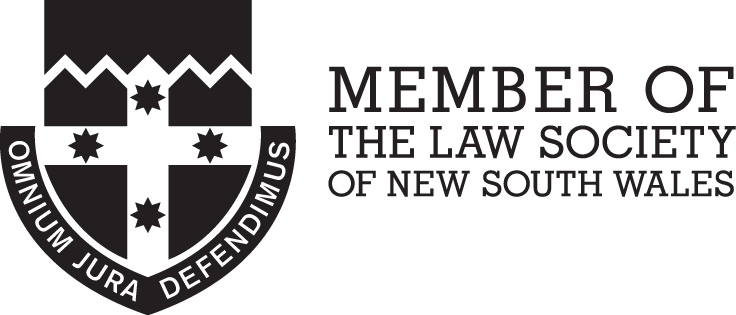|
A company is an association incorporated under the Corporations Act 2001 (Cth) (the ‘Act’). The effect of incorporation gives the company a separate entity, distinct from its directors and shareholders. It can enter into contracts, sue and be sued in its own right. The Australian Investment and Securities Commission (ASIC) is the Government body authorised to administer the Act and may investigate and impose civil and criminal penalties for breaches under the Act. As the company is a separate legal entity, generally its directors are not personally liable for the company’s actions. However, increasingly, creditors of companies that have limited assets and ASIC are pursuing recovery personally from company directors who may have breached their duties under the Act. In certain circumstances, directors can be held personally liable for losses of the company. Some of these circumstances include:
Insolvent Trading
The Act prohibits a company from trading whilst it is insolvent. Because a company is a separate legal entity, directors and shareholders are generally protected from being personally liable for the company’s debts. This protection however may be abused when directors allow companies to continue trading and incurring debt despite warnings of potential insolvency. To circumvent unscrupulous or reckless trading, the Act provides that directors who allow a company to trade whilst insolvent will be in breach of both civil and criminal provisions of the Act and may be liable for its debts. There are however certain defences available and directors may not be liable if:
The safe harbour provisions under s588GA of the Act are available to directors who take positive steps that are reasonably likely to result in a better outcome for the company than administration or liquidation. Directors will not be liable for the debts of a company incurred whilst it is insolvent if:
Directors generally cannot rely on the safe harbour provisions in circumstances where the company has failed to meet its obligations for employee entitlements as they fall due, failed to maintain accurate financial accounts and records, or failed to substantially comply with its reporting and filing requirements under taxation laws. Personal Guarantees A personal guarantee is a separate agreement between a director and a creditor where the director of a company agrees to pay a debt of a company in the event that the company does not make payment. This could include a director providing security over personal assets such as a home. Breaching directors’ duties Under the Act, directors have certain duties that must be complied with. Where a breach of any of these duties is committed and the company suffers a loss, directors can be personally liable. In these circumstances, civil and criminal penalties under the Act will apply, including paying compensation to the company. Taxation debts and superannuation contributions Directors are personally responsible for companies complying with Pay As You Go (PAYG) withholding and Superannuation Guarantee Charge (SGC) obligations. Where these obligations are not met by a company, a director can become personally liable for non-compliance and a penalty. Phoenix Activity This activity occurs where the directors of a company place it into administration or liquidation to avoid payment of creditors but continue the business under a new company name. Not only can it result in civil and criminal penalties for directors, it can also result in a term of imprisonment. Conclusion Company directors hold a position of power and trust. The risk of personal liability is real but manageable and should not deter you from pursuing business and employment opportunities. The best way to meet the obligations of being a director is to become familiar with your duties and to understand the legal obligations and the situations which could give rise to personal liability, be involved in the affairs and operations of the company and to obtain professional advice and assistance when needed. If you or someone you know wants more information or needs help or advice, please contact us. Comments are closed.
|
Topics
All
|
Gionis Legal & Advisory Pty Ltd © 2022



